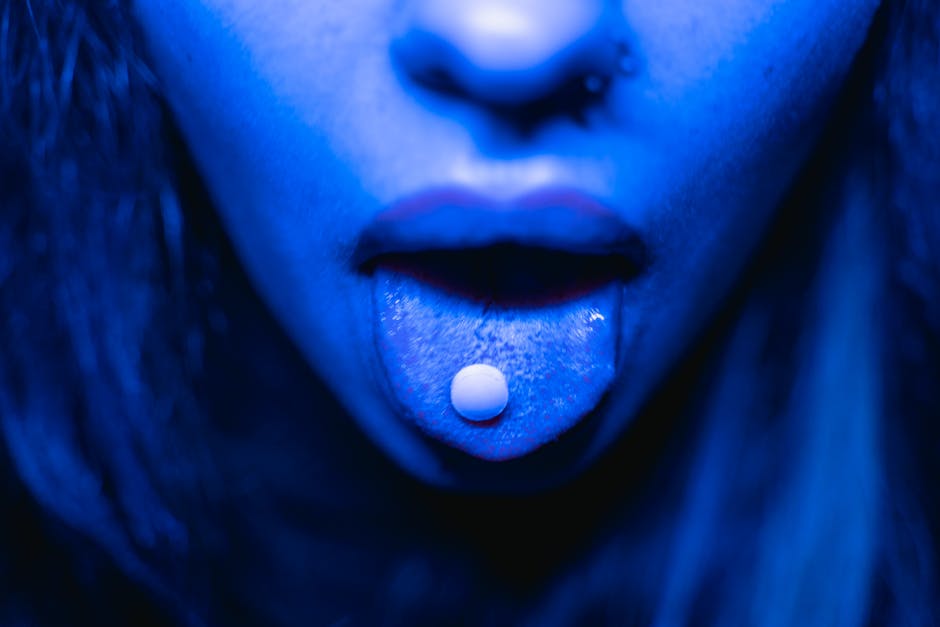Realizing you or a loved one might need help with alcohol addiction is a big step. Port St Lucie offers serene and supportive environments for recovery. Here’s how to tell it might be time to seek help.
Table of Contents
- 1 1. Drinking More Than Intended Regularly
- 2 2. Experiencing Withdrawal Symptoms Without Alcohol
- 3 3. Unsuccessful Attempts to Cut Down or Stop Drinking
- 4 4. Neglecting Responsibilities at Home, Work, or School
- 5 5. Contining to Drink Despite Negative Consequences
- 6 6. Needing More Alcohol to Feel the Same Effects
- 7 7. Giving Up Social or Recreational Activities for Alcohol
- 8 8. Using Alcohol in Physically Dangerous Situations
1. Drinking More Than Intended Regularly
It starts with one drink but often ends with several more; this pattern can be an early warning signal. In Port St Lucie, where social settings might encourage drinking, acknowledging when ‘just one more’ becomes ‘too many’ is crucial. This self-awareness is often the first hurdle to recognizing when enjoyable social drinking has crossed into dependency territory.
Repeatedly finding yourself in situations where alcohol consumption exceeds your initial intention suggests a growing tolerance and a potential need for professional guidance. Alcohol rehab programs in Port St Lucie are designed to understand and address this behavior, offering tailored support to help regain control.
2. Experiencing Withdrawal Symptoms Without Alcohol
Withdrawal symptoms are the body’s physical response to lack of alcohol after prolonged use, ranging from mild anxiety to severe physical discomfort. In Port St Lucie, specialized rehab facilities equip with medical professionals can help manage these symptoms safely, marking the start of the journey towards sobriety.
3. Unsuccessful Attempts to Cut Down or Stop Drinking
If you’ve tried to stop drinking more times than you can count but find yourself returning to it, it’s a strong sign that professional help might be necessary. Port St Lucie’s alcohol rehab centers offer structured programs to address the psychological aspects of addiction, supporting individuals through their recovery process.
4. Neglecting Responsibilities at Home, Work, or School
When alcohol becomes a priority over your responsibilities and commitments, it’s a sign that your drinking may be out of control. The personalized care plans at Port St Lucie rehab centers are designed to help clients balance their responsibilities and recovery, ensuring a comprehensive approach to healing.
5. Contining to Drink Despite Negative Consequences
Continuing to drink despite clear negative consequences on your health, relationships, or career is a sign that alcohol has a significant hold on your life. Recognizing this pattern is a crucial step towards seeking help from alcohol rehab facilities in Port St Lucie, where specialists can provide the support needed to overcome these challenges.
6. Needing More Alcohol to Feel the Same Effects
Building a tolerance to alcohol, where you need to consume more to achieve the same effects, can rapidly accelerate into dependency. This is a common pattern recognized in the initial assessments at Port St Lucie’s rehab facilities, signaling the need for a structured approach to recovery.
7. Giving Up Social or Recreational Activities for Alcohol
If you find yourself opting out of social gatherings or hobbies you once enjoyed in favor of drinking, it might be time to consider seeking help. Port St Lucie offers alcohol rehab programs that focus on rebuilding interests and social networks as part of a holistic recovery plan.
8. Using Alcohol in Physically Dangerous Situations
Drinking in situations where it’s unsafe, such as before driving or operating machinery, is a serious red flag. The risks you’re willing to take while under the influence highlight the severity of the addiction. Alcohol rehab in Port St Lucie addresses these risky behaviors, focusing on creating safer decision-making frameworks for clients.











